Australia Bushfires Renew Anger Over Climate Change
The mountain of irrefutable evidence linking global warming to bushfires makes the federal government's failure to act or even talk about the problem extremely hard to explain

The bushfire season has started earlier than usual, raising fears of a terrible summer ahead Photo Credit : AFP / PETER PARKS
Unprecedented bushfires in eastern Australia have turbocharged demands the country's conservative government do more to tackle climate change, and have rekindled an ideological fight over the science behind the blazes.
The huge fires have touched communities up and down the east coast, killing four people and affecting millions of Australians threatening homes and blanketing major cities in hazardous smoke.
For many, the scale and intensity of the conflagrations, weeks before the Australian summer, have brought the dangers of climate change home.
"The whole east coast is on fire," said Julie Jones, who almost lost her house in the Blue Mountains. "I think it's climate change."
A group of ex-fire chiefs on Thursday warned climate change is "supercharging" the bushfire problem and they challenged Prime Minister Scott Morrison over his failure to confront the issue.
"I am fundamentally concerned about the impact and the damage coming from climate change," former fire chief Lee Johnson said.
"The word 'unprecedented' has been used a lot, but it's correct."
For days Morrison has refused to address the link between climate and bushfires, arguing the focus should be on victims despite being heckled about climate change while touring fire-ravaged areas.
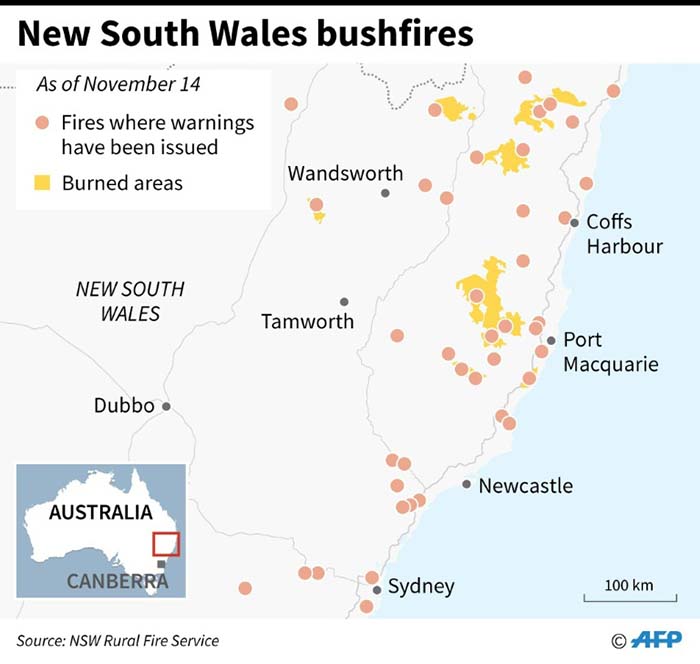
Morrison has made no secret of his support for the country's lucrative mining industry, which accounts for more than 70 percent of exports and was worth a record Aus$264 billion ($180 billion) in the last financial year.
He once carried a lump of coal onto the floor of the Australian parliament and recently proposed banning environmental boycotts of businesses.
His government insists Australia will meet its Paris climate agreement target of reducing emissions by 26-28 percent on 2005 levels by 2030.
But the approval of vast coal mines like the controversial Adani project which will ship most of its product overseas to be burned make global targets of keeping warming below 1.5 Celsius more difficult.
'Woke greenies'
Until now that has been good politics for the Liberal leader. His party unexpectedly won re-election in May, in part by framing the climate debate as a choice between jobs and higher energy costs in places like coal-rich Queensland.
Morrison's allies have also deployed the issue as a potent wedge issue to divide the electorate.
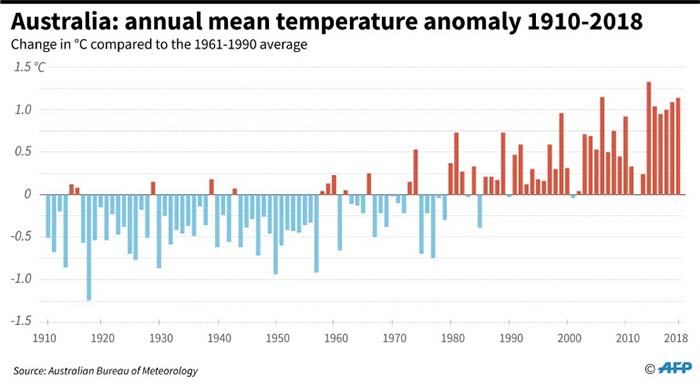
When the Australian Greens attacked the government response to the bushfires this week, Deputy Prime Minister Michael McCormack went on the offensive.
"We don't need the ravings of some pure, enlightened and woke capital cities greenies at this time, when (people) are trying to save their homes," he said.
But the scale of the bushfire crisis has made it more difficult for Morrison to dismiss his political foes as out-of-touch lefty city slickers.
And after several exhausting days of spearheading crisis response, commissioner Shane Fitzsimmons said Wednesday the New South Wales Rural Fire Service acknowledged the new reality.
"We are mindful that the science is suggesting that fire seasons are starting earlier, and extending longer," he said.
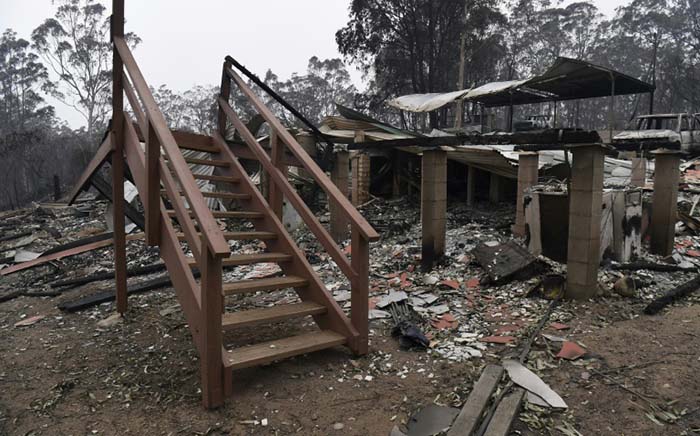
The government's own Bureau of Meteorology has acknowledged human-caused climate change is "influencing the frequency and severity of dangerous bushfire conditions".
Scientists say the link between climate change and bush fires is complex, but undeniable.
Wind movements around Antarctica and sea surface temperatures in the Indian Ocean can also help determine fire-friendly conditions in Australia.
But warming provides key ingredients for fires to thrive: high temperatures, low humidity, strong winds and drought.
"Bushfires are not directly attributable to climate change," said Janet Stanley of the University of Melbourne. "However, the fast-warming climate is making bushfires more frequent and intense."
"The mountain of irrefutable evidence linking global warming to bushfires makes the federal government's failure to act or even talk about the problem extremely hard to explain," she said.
Away from the political bickering, a growing number of Australians appear to agree.
A 2019 survey by think tank The Australia Institute found 81 percent of people are concerned climate change will cause more droughts and flooding, while 64 percent want the government to set a target of net-zero emissions by 2050.
Claire Pontin, a deputy mayor in badly-hit northern New South Wales, told the ABC it was "always" the right time to discuss climate change.
"It's not going to go away if we bury our heads in the sand."
-
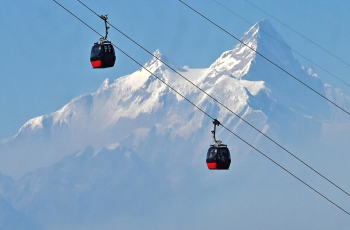
Nepal community fights to save sacred forests from cable cars
2025-02-21 -

Chinese AI companies celebrate DeepSeek, shrug off global curbs
2025-02-21 -
.jpeg)
Students at South Asian University Hold Candlelight Vigil for Nepali Student, Demand Justice
2025-02-21 -
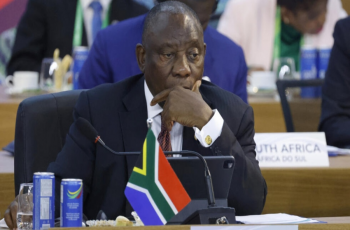
G20 foreign ministers meet in South Africa without US on board
2025-02-20 -
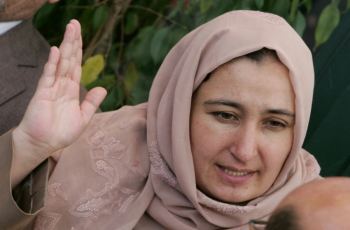
Afghanistan problem 'can be solved': former women's affairs minister
2025-02-20 -
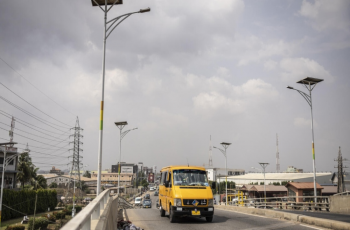
Ghana scrambles to fill $156 million shortfall after USAID freeze
2025-02-19 -

New arena, new attitudes? Cash spat in spotlight at UN nature talks
2025-02-19 -
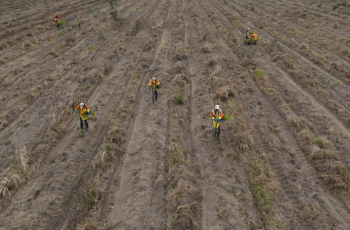
Conservation efforts can shift nature loss to more vulnerable regions: study
2025-02-14 -

Chinese authorities play cash-giving Cupid to boost marriage rates
2025-02-13 -
.jpeg)
China's 2024 coal projects threaten climate goals: report
2025-02-13
